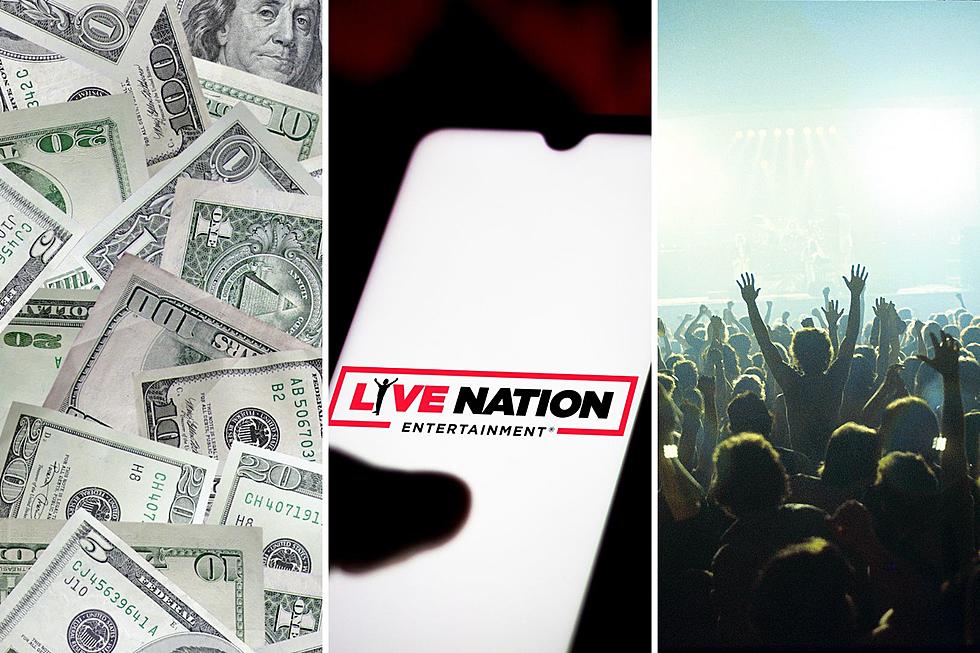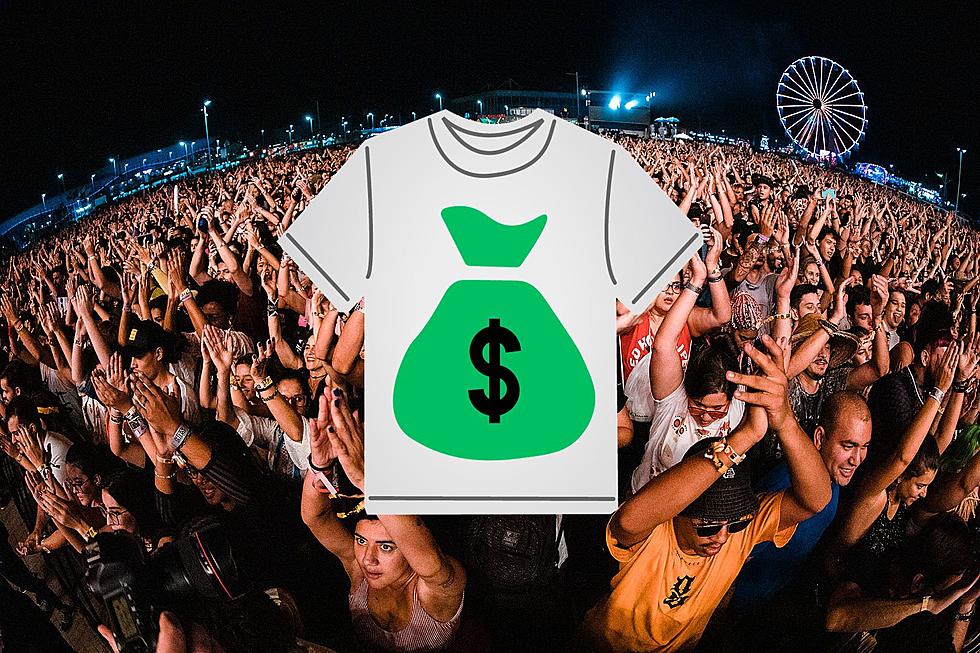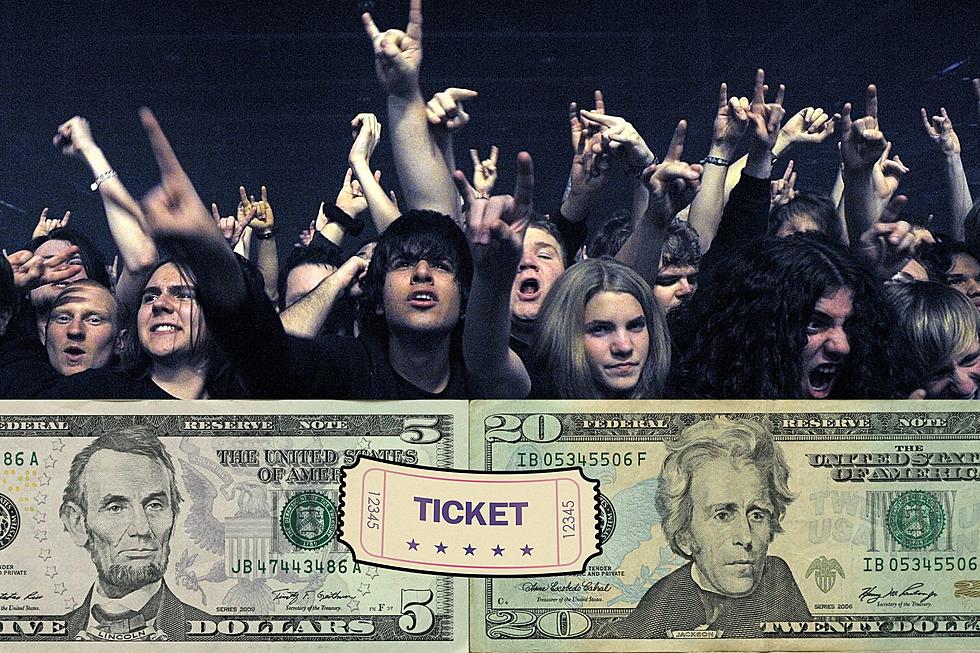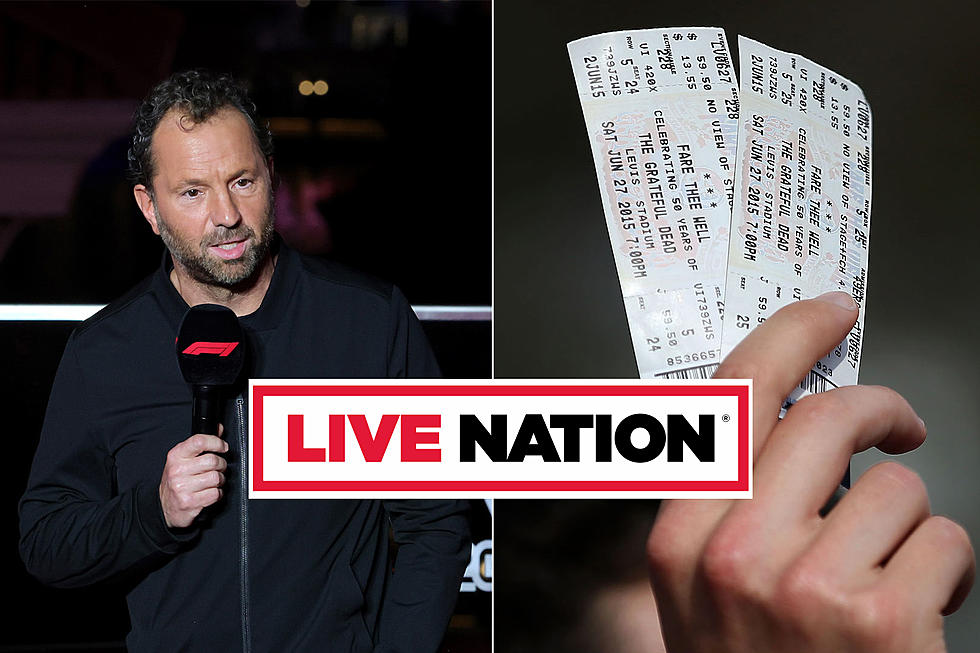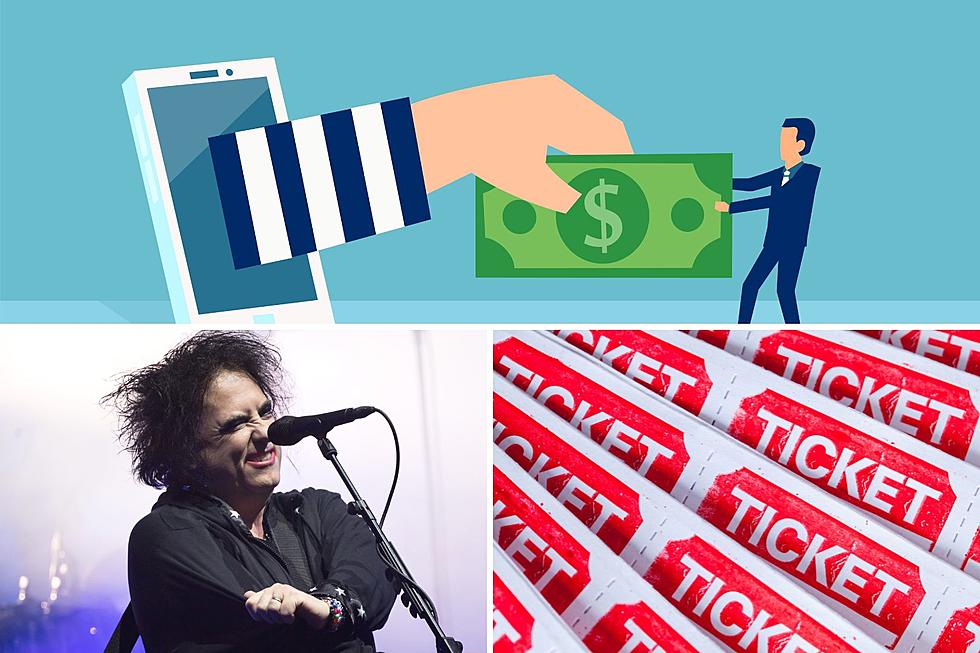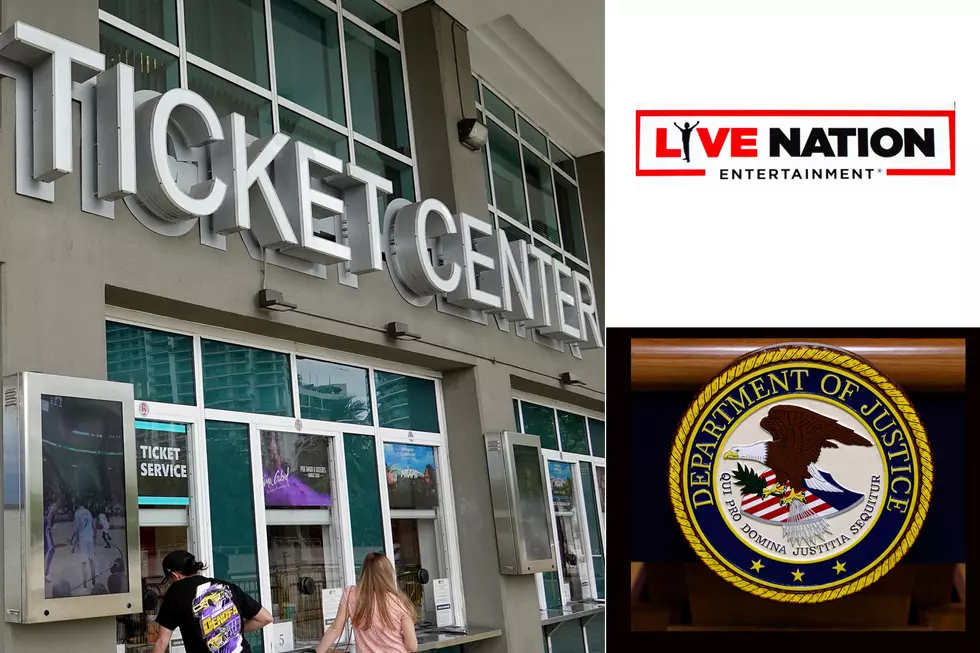
REPORT: Live Nation Facing Lawsuit From U.S. Government – What It Means
According to a new Wall Street Journal report, ticketing giant Live Nation will reportedly soon be facing a new lawsuit from the Department of Justice. But what does the latest action mean in terms of concert ticketing?
What the Department of Justice Is Alleging?
The Department of Justice's antitrust lawsuit against Live Nation would argue that the ticketing giant has leveraged their dominance in such a manner that it's actually undermined competition for ticketing live events.
However, the Wall Street Journal reports reveals that specifics of the lawsuit and the claims that would be made could not be learned at the time of their reporting. Thus, a more detailed breakdown of the allegations against Live Nation will be revealed once the suit is filed.
Why Live Nation Has Been Under Investigation?
Complaints of rising concert ticket costs typically associated with charged fees have been more prevalent since Live Nation merged with Ticketmaster in 2010.
At the time of the 2010 merger, Christine A. Varney, the Assistant Attorney General of the DOJ's Antitrust Division, noted in a consent decree that they had a limited role in antitrust enforcement, but still voiced their concern over the the competitive market structure after the merger went through.
Though concern over Live Nation's size and practices have been under the spotlight in the time since the merger, things came to a head in 2022 when Ticketmaster crashed during a Taylor Swift "Eras Tour" fan presale. The Department of Justice had already been looking into Ticketmaster and the parent company Live Nation's practices, but a congressional antitrust hearing was set in motion after the Swift ticketing debacle.
What Live Nation Has Argued?
Live Nation's head of corporate affairs, Dan Wall, last month published an essay on the company's website in which he downplayed the idea of the company being a monopoly. In it, he argued that Ticketmaster doesn't set prices, but rather the artists and their teams are responsible for what is charged. It was also noted that factors such as high demand, low supply and venue fees also factor into the equation.
In addition, the Wall Street Journal quotes a Ticketmaster spokeswoman as stating, "Ticketmaster has more competition today than it has ever had, and the deal terms with venues show it has nothing close to monopoly power."
The company reportedly holds more than 80 percent of the market for primary ticket sales from the biggest venues in the U.S.
Wall added, "If you have to hone in on one slice of the market in order to allege a monopoly, then there isn't one."
What This All Means
It's believed that the new suit could lead to a new settlement agreement. In 2020, the ten-year consent decree signed in 2010 was extended five additional years after antitrust enforcers found that Live Nation had violated a portion of the initial pact by bullying venues into using Ticketmaster.
READ MORE: Indie Venues Critical of Live Nation's Program to Halt Merch Cuts
At the time, this resulted in an "anti-retaliation clause" that kept Live Nation from threatening to withhold shows if a venue sold seats through another company. With the latest extension wrapping up in 2025 and the suit reportedly close to being filed, a new settlement could address some of this issues raised by the DOJ investigation.
More From Loudwire

